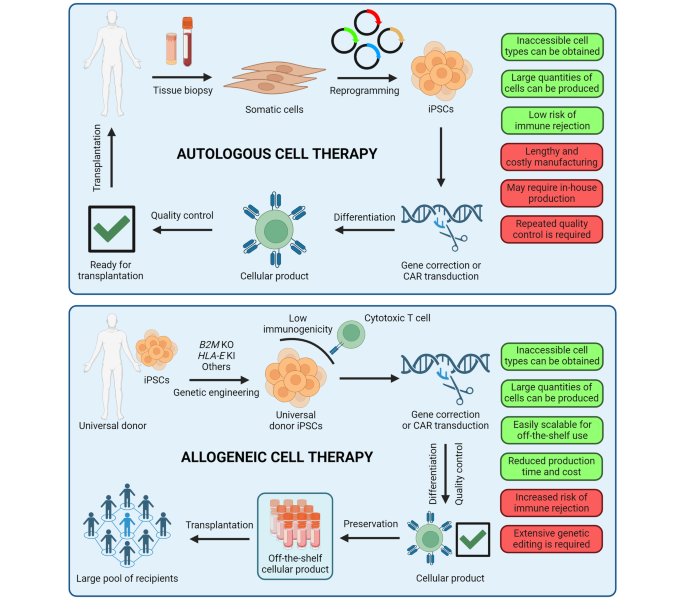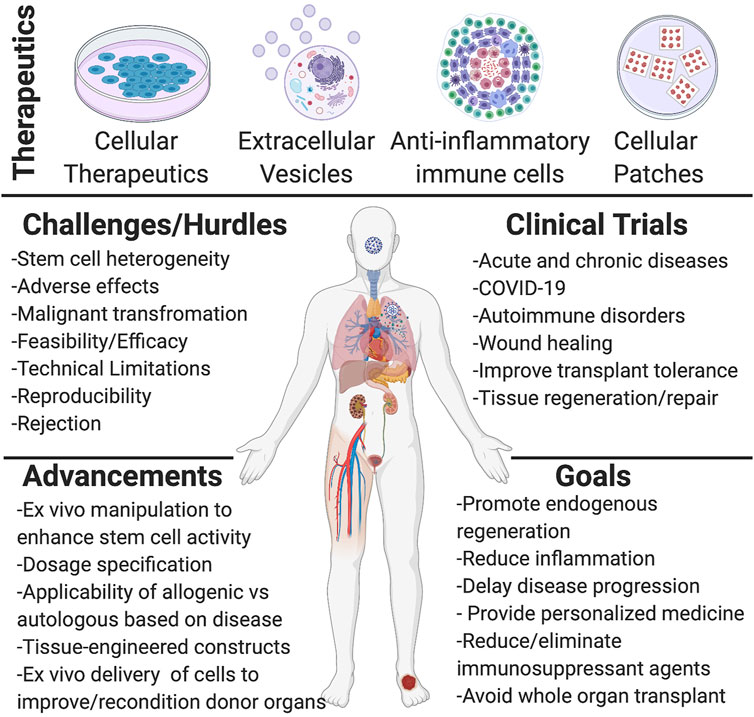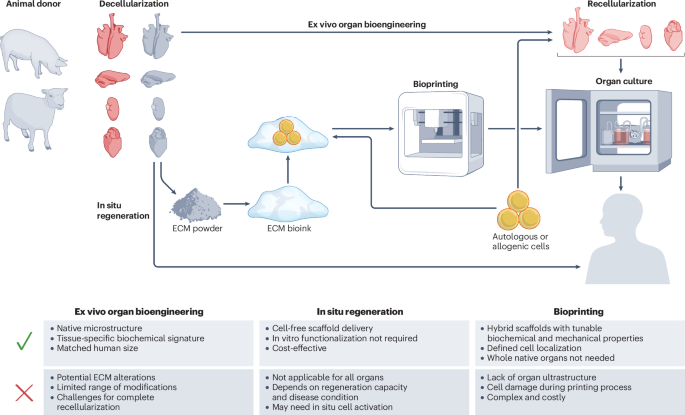As we move further into the 21st century, an unprecedented frontier in human health and longevity is emerging: Inginerie de organe autologe. This ground-breaking scientific endeavour aims to create lab-grown organs from a patient’s own cells, potentially eliminating the need for organ transplants and significantly extending human life expectancy. To wealthy clients, longevity researchers, and biotech investors, this innovative field presents a tantalising opportunity for both personal health enhancement and substantial financial investment.

The Concept of Autologous Organ Engineering
Autologous organ engineering leverages the power of stem cells to construct organ substitutes that the body will not reject. The process begins by taking a small sample of the patient’s own cells, which are then used to generate stem cells. These stem cells are then manipulated to develop into the desired organ, such as a heart, lung, or kidney.

The Role of Stem Cells in Autologous Organ Engineering
Stem cells are the building blocks of life. They are unique in their ability to self-renew and differentiate into various cell types, making them the ideal starting material for organ engineering. By manipulating these cells in the lab, scientists can coax them into forming complex organ structures that can function in the same way as naturally developed organs.
The potential of stem cell-based therapies is vast, with ongoing research exploring the use of these cells in treating conditions ranging from cardiovascular disease to spinal cord injuries. As the cornerstone of autologous organ engineering, stem cells promise to revolutionize the field of regenerative medicine and life extension.

The Promise of Lab-Grown Organs
The development of lab-grown organs would address a critical healthcare challenge: the shortage of organ donors. Every year, thousands of patients die waiting for organ transplants. Autologous organ engineering offers a potential solution to this crisis, providing patients with a reliable source of organs without the need for a suitable donor.
În plus, lab-grown organs would also eliminate the risk of organ rejection – a significant problem in organ transplantation. Since these organs are created from the patient’s own cells, they are genetically identical to the patient, reducing the likelihood of an immune response.

The Role of Biotechnology Clinics in Autologous Organ Engineering
Biotechnology clinics are at the forefront of the autologous organ engineering movement. These cutting-edge facilities house the necessary technology and expertise to create lab-grown organs. They also provide a setting for clinical trials, where the safety and efficacy of these organs can be rigorously tested.
By offering state-of-the-art equipment and employing highly skilled medical professionals, biotechnology clinics are positioned to drive forward the development and implementation of autologous organ engineering.

Autologous Organ Engineering and Life Extension
The potential impact of autologous organ engineering on human longevity is profound. By providing a reliable and rejection-free source of organs, this technology could significantly extend human life expectancy.
As we age, our organs naturally degrade and lose function. Tradiţional, this has been a limiting factor in human longevity. Cu toate acestea, with the advent of autologous organ engineering, it may be possible to replace these aging organs with lab-grown counterparts, effectively resetting the biological clock and extending our natural lifespan.
The Investment Potential of Autologous Organ Engineering
For investors, autologous organ engineering presents a significant opportunity. The projected market for regenerative medicine, which includes autologous organ engineering, is expected to reach $79.8 billion by 2024, according to a report by Grand View Research. This growth is driven by the increasing demand for effective treatments for chronic diseases and conditions related to aging.
As autologous organ engineering continues to develop and mature, early investors stand to benefit significantly. This field is poised to disrupt the healthcare industry, promising both substantial financial returns and the opportunity to contribute to a revolutionary advance in human health and longevity.
Concluzie
Autologous organ engineering represents a new frontier in longevity science. By harnessing the power of stem cells to create lab-grown organs, this innovative field promises to transform healthcare, extend human life expectancy, and offer a solution to the organ donor shortage.
For wealthy clients, longevity researchers, and biotech investors, the potential of autologous organ engineering is both exciting and profound. Whether it’s the prospect of personal health enhancement, the opportunity to contribute to a life-changing field of research, or the potential for significant financial returns, autologous organ engineering offers a compelling proposition.
Discover the new frontier of organ engineering for lifespan extension. Embrace the future of longevity science and explore the investment opportunities in autologous organ engineering today.
